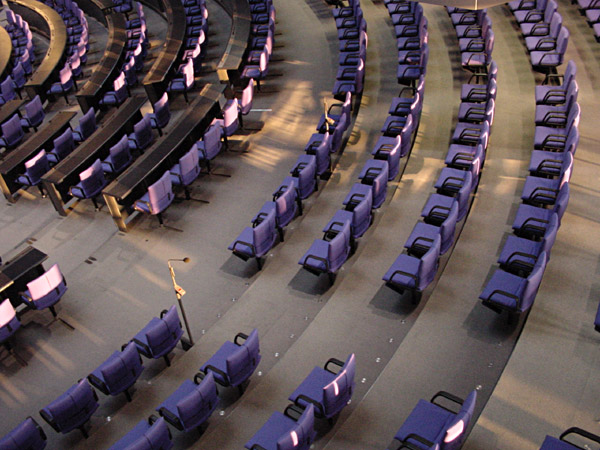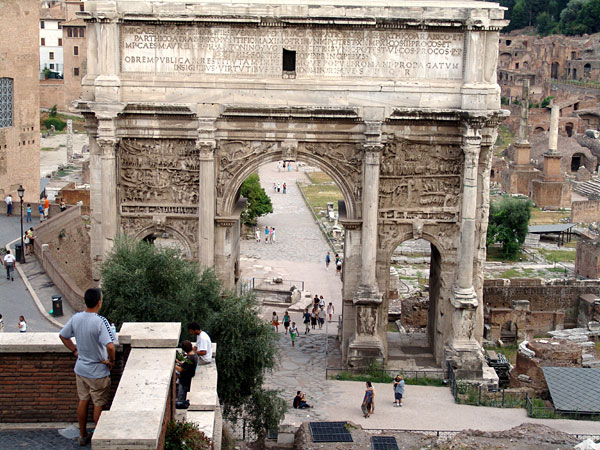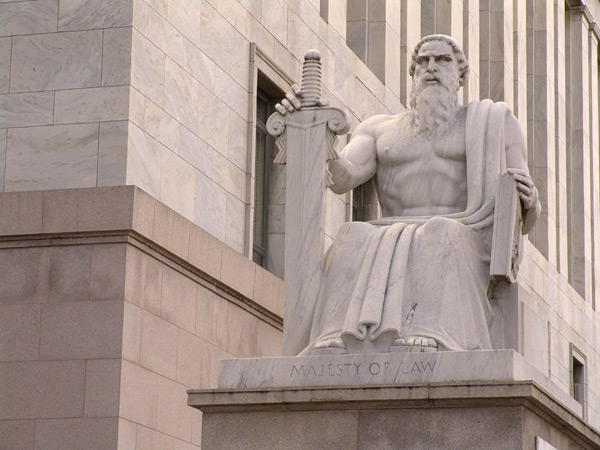Government always needs criticism and opposition. But criticism doesn't just mean affect-driven rejection, resentment or even dismissal of democracy and democratic rules and norms. Every criticism must be justified, ideally with a suggestion for how to do things differently and better. This distinguishes critical from uncritical, political from non-political thinking. Simply saying “that’s stupid” or… Continue reading #242: On the Difference between Opposition and an Anti-Democratic Stance
Tag: separation of powers
#231: Centrism Is a Methodology, Not Primarily an Ideology
I would typically describe myself as a centrist, even though some of my positions may align with the Left. How is this possible? What does it mean to be a centrist? What are core positions of centrism? How is centrism defensible in the light of strong convictions that may not align with others in some… Continue reading #231: Centrism Is a Methodology, Not Primarily an Ideology
#219: Some Reflections on Fukuyama and the End of History
I: 1989 In the summer of 1989, an article by famous political theorist Francis Fukuyama seemed to capture the spirit of the times and reflected on “The End of History?”, followed by his 1992 book “The End of History and the Last Man.” Frequently, and maybe with some justification, it was and continues to be… Continue reading #219: Some Reflections on Fukuyama and the End of History
#207: Democracy Only Works with a Strong Separation of Powers
What is Democracy? The typical answer would be the “Rule of the People.” While this is the direct translation of the Greek term, it is instructive that the original term used for Athenian democracy was Isonomy – “same rights for everyone.” The word “democracy” was used alternatively with “ochlocracy” as meaning “mob rule.” Why is… Continue reading #207: Democracy Only Works with a Strong Separation of Powers



